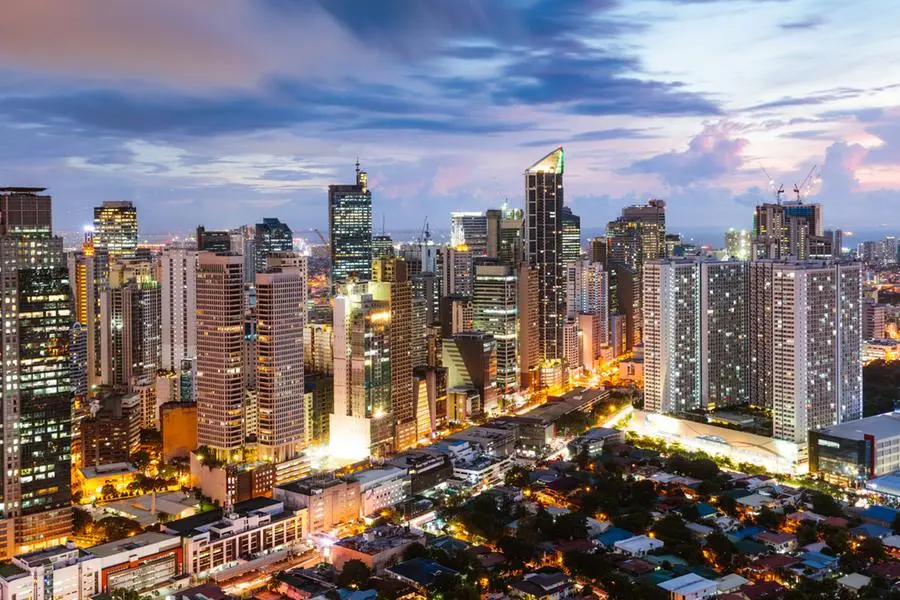PHOTO
The Philippines has called on multilateral financial institutions to step up support and financing solutions to developing nations as the global economy hits a critical point of further slowdown.
As the Philippines chairs the Intergovernmental Group of Twenty-Four (G-24) Ministerial Meeting in Washington, Finance Secretary Ralph Recto maintained that ramped up support from international financial institutions has never been more urgent than now.
The Philippines currently serves as the chair of the G-24 Bureau, which helps coordinate the positions of developing countries on international monetary and development finance issues to ensure that their interests are adequately represented in negotiations on international monetary matters.
As such, Recto urged the World Bank, the International Monetary Fund and other development partners to boost their efforts in assisting developing countries mitigate and reverse the factors threatening growth prospects.
'The primary concern for emerging markets and developing economies is securing immediate access to short-term liquidity and affordable long-term financing to navigate the turbulent waters ahead,' Recto said.
'We call on international financial institutions to develop more innovative and responsive financing solutions that will help us sustain productivity, enhance long-term growth prospects and increase resilience to economic shocks,' he said.
Recto argued that the global economy has reached a critical point where the developing world is at the risk of falling even further behind if no major corrective actions are undertaken.
This came as global growth will likely slow for the third straight year to 2.4 percent, below the pre-COVID average of 3.1 percent and marking its weakest expansion in any half-decade since the 1990s.
Per capita investment growth is also seen at just 3.7 percent, which is barely half of the average in the last 20 years.
Unfortunately, one in every four developing countries is now poorer than prior to the pandemic.
'Any slowdown in global economic performance will surely hit the developing economies the hardest. This poses a grave threat to the peace, economic security and prosperity of all our people,' Recto said.
In particular, the Philippines called on institutions to set more ambitious goals for their concessional and non-concessional windows, commensurate with the challenges of achieving inclusive and sustainable development by 2030.
Recto maintained that without improvements to financing conditions in the short term, decades of individual and global efforts to eradicate poverty and inequality, combat climate change, and invest in growth-enhancing infrastructure projects will be put to a halt, if not reversed.
Copyright © 2022 PhilSTAR Daily, Inc Provided by SyndiGate Media Inc. (Syndigate.info).





















